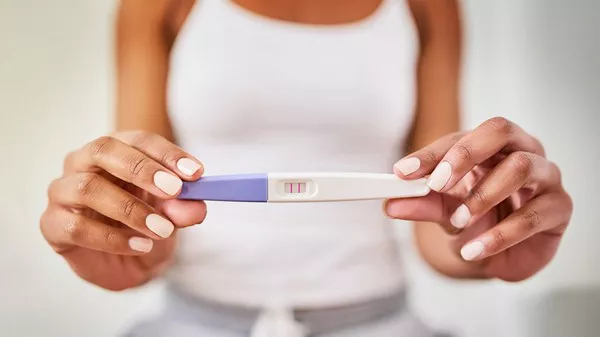Pregnancy heralds a period of immense joy and anticipation, accompanied by a heightened awareness of what enters the body. Among the substances under scrutiny is caffeine, a ubiquitous stimulant present in various foods and beverages. To shed light on the nuances of caffeine consumption during pregnancy, we consulted with Dr. Shweta Jaiswal, Senior Dietician at Sharda Hospital. Here’s what she shared:
Understanding Safe Limits of Caffeine Consumption During Pregnancy
Caffeine metabolism slows notably during pregnancy, prolonging its effects in the body. While the precise safe threshold is debated, health authorities like the NHS recommend capping intake at 200mg per day—equivalent to two mugs of instant coffee. Adhering to this guideline helps mitigate potential risks such as miscarriage, low birth weight, preterm birth, or stillbirth associated with excessive caffeine consumption.
Risks Linked with Excessive Caffeine Consumption During Pregnancy
Excessive caffeine intake during pregnancy is associated with adverse outcomes, including miscarriage. Additionally, caffeine’s diuretic properties may lead to mineral loss like calcium, while disrupting sleep patterns crucial for maternal and fetal well-being.
Identifying Sources of Caffeine
Awareness of caffeine sources is paramount, given its presence in diverse foods and beverages. Coffee, varying in caffeine content based on factors like serving size and brewing method, is a prominent source. Tea, soft drinks, energy drinks, and even chocolate contribute to caffeine intake. Reading labels diligently and opting for caffeine-free alternatives or moderate consumption aligning with guidelines are prudent strategies.
A Final Word
While moderate caffeine intake is generally safe during pregnancy, exceeding recommendations poses risks. Monitoring intake, understanding caffeine sources, and consulting healthcare providers for personalized guidance ensure informed choices conducive to a healthy pregnancy journey.
As expectant mothers navigate this transformative phase, informed decisions regarding caffeine consumption contribute to maternal and fetal well-being.


